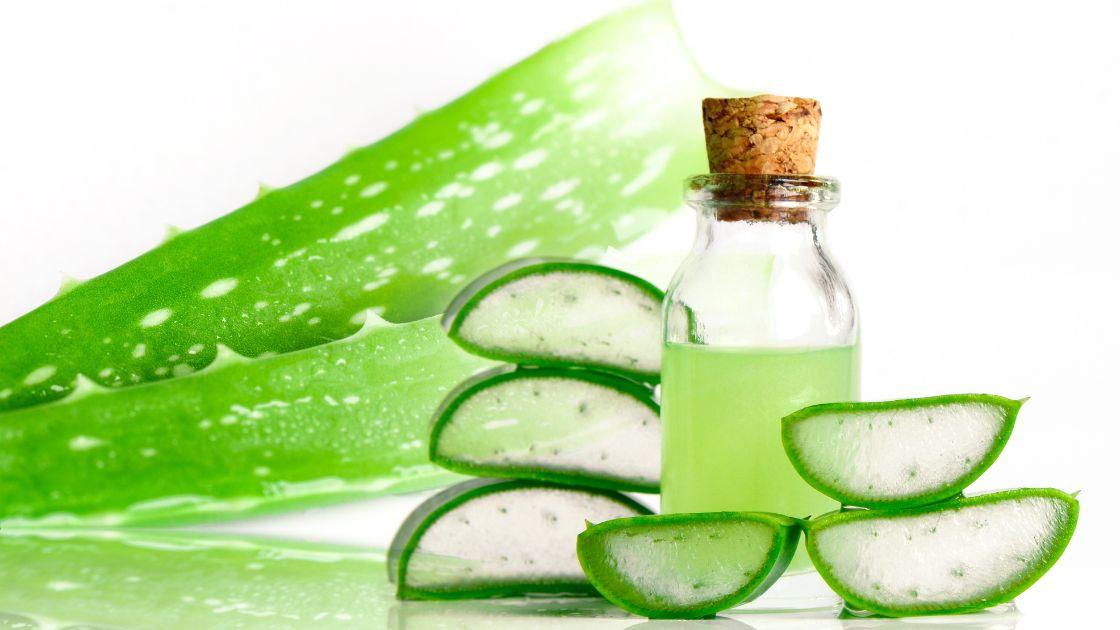Natural Ways to Manage Blood Sugar: How Herbs Lower Blood Sugar Safely and Effectively

Managing blood sugar levels is essential for overall health, especially for individuals with diabetes or prediabetes. While diet, exercise, and medication play key roles, many people are turning to natural remedies for additional support. Among the most promising options are herbs that lower blood sugar. These herbs have been used in traditional medicine for centuries and are now being studied for their potential to help regulate glucose levels and improve insulin sensitivity.
In this article, we’ll explore how certain herbs lower blood sugar, the science behind their effects, and how to incorporate them safely into your routine.
Why Blood Sugar Control Matters
Blood sugar, or glucose, is your body’s primary source of energy. When blood sugar levels become too high over extended periods, it can lead to insulin resistance, type 2 diabetes, nerve damage, kidney issues, and cardiovascular problems. Keeping blood sugar in a healthy range is crucial for preventing complications and improving quality of life.
How Herbs Lower Blood Sugar
Many herbs contain compounds that help reduce blood glucose levels by:
-
Enhancing insulin sensitivity
-
Slowing down carbohydrate absorption in the gut
-
Stimulating insulin production
-
Supporting pancreas and liver function
Now let’s take a closer look at some of the most well-known and research-backed herbs that lower blood sugar.
1. Cinnamon
Cinnamon is one of the most popular herbs for blood sugar control. It contains compounds like cinnamaldehyde that may mimic insulin and improve glucose uptake by cells.
Benefits:
-
Lowers fasting blood sugar levels
-
Improves insulin sensitivity
-
May reduce HbA1c levels with consistent use
How to Use:
Add 1/2 to 1 teaspoon of cinnamon to your daily diet—sprinkle it on oatmeal, yogurt, or tea.
2. Fenugreek
Fenugreek seeds are rich in soluble fiber and have been shown to lower blood sugar by slowing digestion and carbohydrate absorption.
Benefits:
-
Reduces post-meal glucose spikes
-
May lower fasting blood glucose
-
Supports cholesterol balance
How to Use:
Soak 1-2 tablespoons of seeds overnight and drink the water in the morning, or take it as a supplement.
3. Bitter Melon
Also known as bitter gourd, this tropical fruit acts like insulin and helps cells use glucose more efficiently.
Benefits:
-
Lowers blood sugar naturally
-
May improve glucose tolerance
-
Can reduce insulin resistance
How to Use:
Drink fresh bitter melon juice or take it in capsule or extract form.
4. Berberine
Berberine is a bioactive compound found in herbs like goldenseal and barberry. It's one of the most powerful natural substances for managing blood sugar.
Benefits:
-
Activates AMPK, a metabolic regulator that lowers glucose production in the liver
-
Comparable to metformin in some studies
-
Supports weight loss and cholesterol balance
How to Use:
Typically taken in supplement form (500 mg 2–3 times daily). Always consult a healthcare provider before starting berberine.
5. Gymnema Sylvestre
Gymnema, often called the "sugar destroyer," has compounds that reduce sugar absorption in the intestine and help regenerate pancreatic cells.
Benefits:
-
May lower cravings for sweets
-
Reduces blood sugar levels after meals
-
Improves insulin function
How to Use:
Available in capsule, tea, or extract form. Often combined with other herbs for blood sugar support.
6. Turmeric (Curcumin)
Curcumin, the active compound in turmeric, has powerful anti-inflammatory and antioxidant properties that may help stabilize blood sugar levels.
Benefits:
-
Enhances insulin sensitivity
-
Reduces oxidative stress in diabetics
-
May lower fasting blood sugar and HbA1c
How to Use:
Use turmeric in cooking or take curcumin supplements with black pepper for better absorption.
7. Aloe Vera
Commonly used for skin care, aloe vera can also be beneficial for managing type 2 diabetes when taken orally.
Benefits:
-
May reduce fasting blood sugar
-
Supports healthy pancreatic function
-
Has mild laxative effects, which can help detoxify the body
How to Use:
Consume aloe vera juice or gel internally in small amounts (check for purity and dosage guidelines).
Safety and Considerations
While many herbs lower blood sugar effectively, they should not replace prescribed medications without medical supervision. Some herbs may interact with diabetes medications or cause blood sugar to drop too low (hypoglycemia).
Tips:
-
Start with small doses
-
Monitor your blood sugar regularly
-
Consult a healthcare provider, especially if you’re pregnant, nursing, or on medication
Final Thoughts
Incorporating natural remedies into your diabetes management plan can be both effective and empowering. By understanding how herbs lower blood sugar, you can choose the right ones for your needs and use them as part of a holistic health strategy.
Remember, herbs work best alongside a balanced diet, regular physical activity, stress management, and appropriate medical care. Always make changes under the guidance of a qualified health professional.
- Art
- Causes
- Crafts
- Dance
- Drinks
- Film
- Fitness
- Food
- Игры
- Gardening
- Health
- Главная
- Literature
- Music
- Networking
- Другое
- Party
- Religion
- Shopping
- Sports
- Theater
- Wellness


